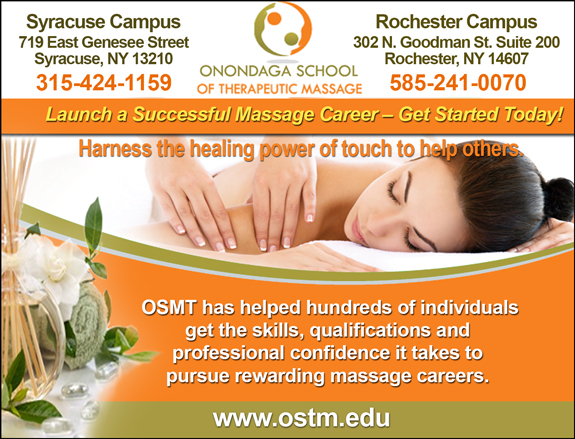
Credit Newswise —
The University of Alabama at Birmingham is launching a research project that will provide therapy to wounded veterans and active-duty personnel at no cost through a $2.7 million grant from the U.S. Department of Defense.
The Brave Initiative will enable 80 veterans and active-duty personnel with traumatic brain injuries, or TBI, to receive free, intensive therapy to improve arm function and physical fitness through the study.
“We are eager to make the services provided by this grant available to as many of Alabama’s brave veterans and active-duty personnel with TBI as possible,” said Edward Taub, Ph.D., UAB psychology professor and director of this project. “We believe that our treatments can have a major impact on the quality of their lives, and we are grateful to be able to do something for veterans after all they have done for our country.”
The Lakeshore Foundation, along with Veterans Affairs hospitals from across the country, will be partnering with UAB to help make the study possible.
TBI is a highly prevalent condition that often results in the loss of independence and quality of life for many individuals; it is seen frequently in military personnel who have sustained a blast injury.
The traditional view in the rehabilitation field was that there was a limited period of time after this type of damage to the central nervous system during which the rehabilitation of motor deficits could take place. However, research conducted in Taub’s laboratory has shown that stroke and also TBI survivors can regain use of their limbs even years after the brain injury occurred through the use of a novel family of therapies.
The study funded through the DOD grant consists of two different types of treatments, which will be randomly assigned to participants.
One treatment is called Constraint-induced Movement Therapy, or CI Therapy. Taub developed CI Therapy and has treated hundreds of patients with this treatment, showing its effectiveness in improving the rehabilitation of movement after stroke and other neurological injuries. The therapy centers around teaching the brain to “rewire” itself following a major injury using motor-training techniques. It enhances the brain’s ability to heal itself by retraining regions of the brain that still function well after the brain injury, a process called brain reorganization or neuroplasticity.
The CI Therapy participants will practice exercises and skilled movements that increase the use of their weaker, injured limb in daily life. The stronger limb is constrained to encourage use of the weaker limb.
A second group of participants will benefit from an alternative therapy developed in collaboration with the laboratory of James Rimmer, Ph.D., UAB professor of occupational therapy, and will focus on physical and mental fitness training. The physical and mental fitness therapy combines gentle to moderate holistic exercise, breathing techniques, muscle and mind relaxation, and massage therapy.
An MRI will be given before and after each treatment to assess the effects of both therapies on the brain.
“With more than 400,000 veterans living in Alabama and more than 30,000 active military and active reservists who are Alabama residents, this therapy has the long-term potential to make a positive impact on our state, our veterans and beyond,” said Gitendra Uswatte, Ph.D., UAB professor of psychology and another leader of this project. “We have seen our therapies work for veterans and for others who have suffered from TBI, so we’re excited about the promise of a very successful outcome.”
Participants in the treatment, along with a companion, will have all travel and living expenses covered by the grant. The treatment will take place during a three-week period, with participants living at the Lakeshore Foundation and receiving treatment at UAB and at Lakeshore.
Potential participants should meet the following criteria:
• Be active-duty or veteran military personnel
• Be at least 19 years old
• Be at least three months post-TBI
• Have movement problems or weakness in one or both arms
If you or someone you know meets the criteria for this treatment, please call the TBI rehabilitation research team at (205) 934-9768 or visit www.tbirehabtherapy.net.



